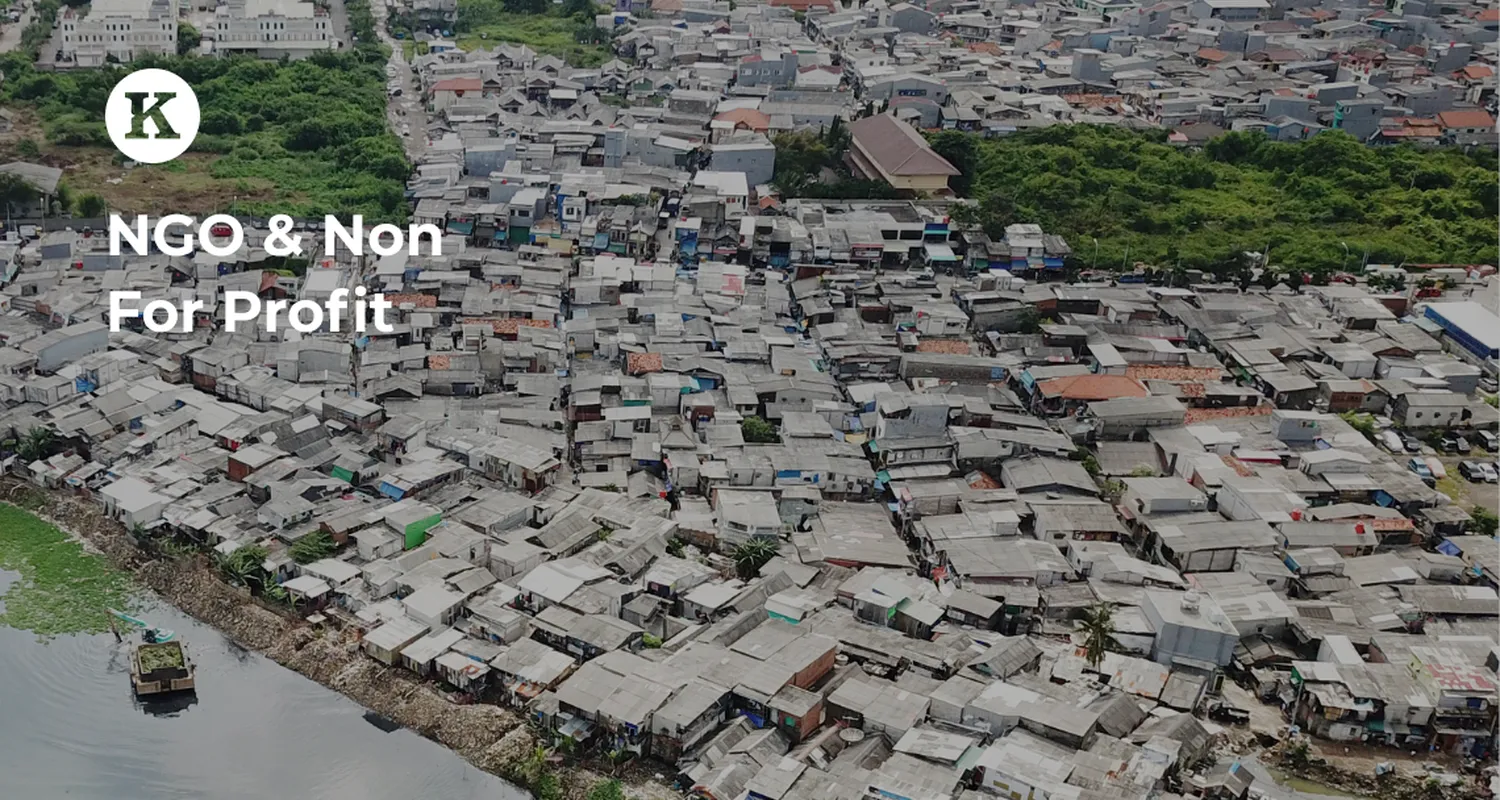On behalf of AI and technology, for Bell’Aube Houinato it's clear that no solution is free from ideological or political bias. In an age where NGOs strive for neutrality, their leaders must wisely navigate the influence of technology. In some operational regions, NGOs face significant challenges due to the political stances of governments. Effective NGO leadership involves understanding these complexities and aligning organizational activities and engagements with their core values, avoiding external political or ideological influences.
Empowering NGOs and their communities
As part of Bell’Aube Houinato‘s work, the aim is to unite different groups, not just NGO staff, but also communities and the youth, ensuring they have adequate access to technology. Despite encouraging signs of technology penetration, actual usage remains limited. Often, the potential of available technology is minimally utilized. Access means not only having technology like phones but also developing the capabilities to fully leverage these resources. This includes addressing issues of inclusion and gender disparity in economic activities among various demographics.
For Kingsley Moghalu simplicity is key. ‚In my village in rural Africa, the family foundation I'm involved with, the Isaac Moghalu Foundation, greatly benefits from simple technologies like cell phones and computers. These tools have simplified our operations, from data collection to collaboration. Despite being a modest family charity I established during my tenure as a senior official at the United Nations, funded from my savings, it has made significant impacts. We can now hold conferences with grantees, children from impoverished families, who, with access to cellphones and data, can overcome the primary challenge we face: limited broadband infrastructure. Although mobile telephone density is the highest in the world in Africa, these basic technologies are still vital and transformative in parts of the world where they might be considered outdated in the West.‘
According to Srima McQuillan, electronic collaboration has significantly accelerated operational speed across various sectors. Embracing simple, efficient systems rather than merely adopting the latest trends can streamline processes significantly. Over-complicating your operating environment with too many systems can hinder effectiveness, particularly in environments like NGOs where many participants may not interact face-to-face and aren’t technically savvy. The key is to right-size systems to meet actual needs without getting caught up in the allure of sophisticated but unnecessary technology. Systems should be structured to encourage open sharing and collaboration to enhance productivity and keep everyone informed and aligned with core organizational goals.
Essential traits of modern NGO leader
Karun Shenoy emphasizes that resistance to change and adherence to traditional methods are common. Some practitioners and regulators were initially lukewarm about online learning, and preferred this to be in-person. However, the COVID-19 pandemic forced a rapid shift to digital platforms. Despite challenges, students like former refugees, quickly transitioned to online, with 60-65% of the classes operating within a few weeks. ‚This shift demonstrated the potential of technology to adapt to different learning environments, proving effective even on mobile devices in informal settings. Post-COVID leadership must recognize and leverage technology effectively, navigating both internal and external barriers, such as regulatory recognition. Success often depends on having a digital-savvy champion within the organization, such as a CEO or senior manager, to drive and support innovative initiatives.‘
Addressing the needs of emerging nonprofit leaders, Kingsley Moghalu highlights that NGOs, particularly in the global South, face unique challenges compared to their counterparts in developed countries, primarily concerning legitimacy and resources. Government hostility can also be an issue, as NGOs are often seen as encroaching on governmental roles. ‚Thus, it's crucial for these leaders to be business-savvy, capable of demonstrating their organisation's viability and sustainability financially. Being effective brand advocates for their mission is equally vital. In developing countries, the government leads, followed by the private sector, with NGOs a distant third, often reliant on international funding. These organisations, many humanitarian, play a complex role in either perpetuating dependency or fostering sustainable prosperity through support for indigenous innovation.‘
According to Bell’Aube Houinato, the critical importance of maintaining a people-centered approach has become evident. This is especially true for NGOs, where humanitarian efforts are core. Any technology or digital solution that diminishes this focus on humanity could present significant challenges for NGOs. ‚As technology increasingly risks depersonalizing interactions, the need for leaders to emphasize human connections and social bonds becomes more vital. This people-focused aspect of leadership is crucial in our evolving technological landscape.‘





